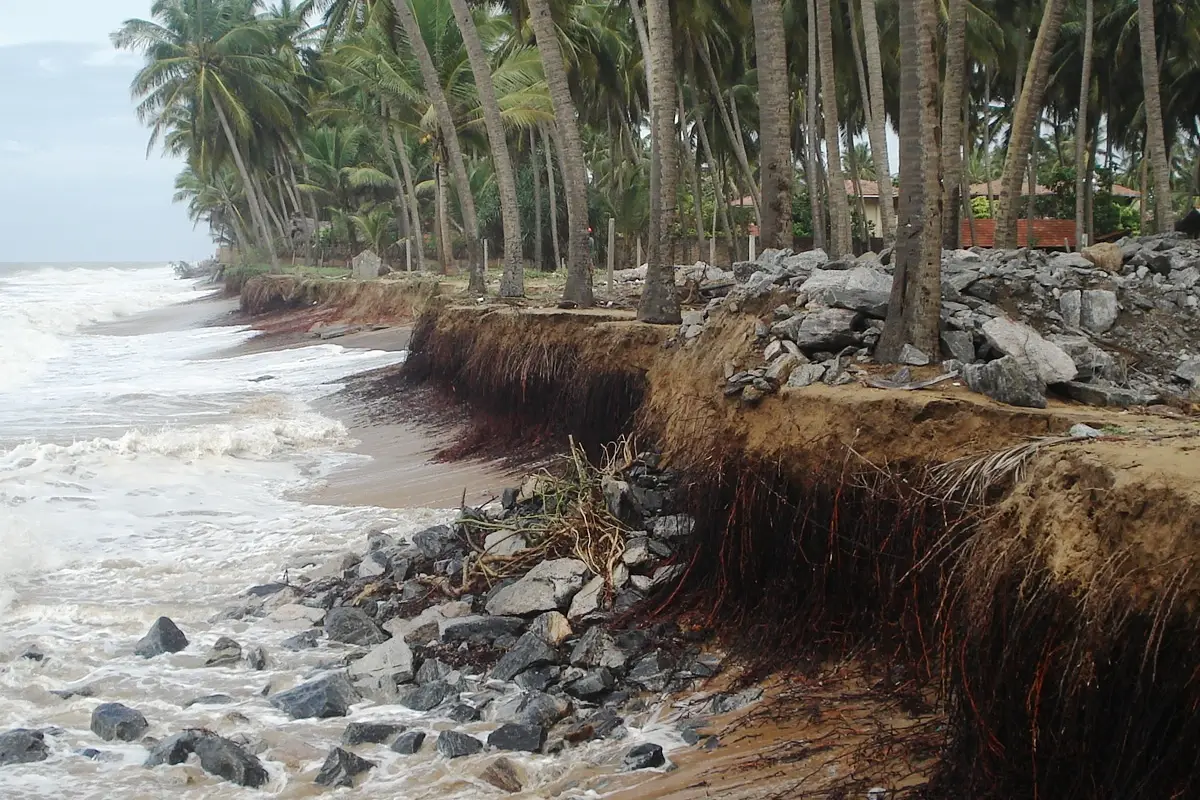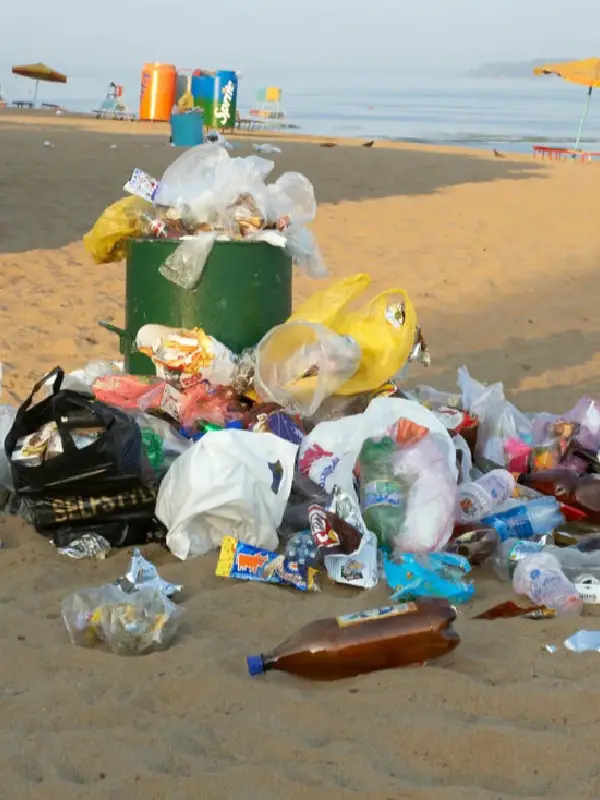
Project Goals:
- Strengthen environmental awareness and education across all levels of society.
- Promote climate-resilient practices in agriculture, fishing, and urban development.
- Restore degraded ecosystems including mangroves, coral reefs, and forests.
- Reduce plastic pollution and improve waste management systems.
- Enhance community preparedness for climate-related risks such as sea-level rise and extreme weather.
Why Zanzibar?
Zanzibar, a beautiful archipelago off the coast of Tanzania, is highly vulnerable to the impacts of climate change:
- Rising sea levels threaten coastal settlements and tourism infrastructure.
- Coral reef bleaching disrupts marine biodiversity and fisheries.
- Deforestation and unsustainable farming practices reduce carbon sinks and increase land degradation.
- Poor waste disposal and plastic pollution damage natural habitats and marine life.
Key Project Components:
1. Eco-Education & Youth Empowerment
- School-based environmental clubs
- Community eco-literacy workshops
- Climate action leadership training for youth and women
- Development of Swahili-language educational materials
2. Ecosystem Restoration
- Mangrove reforestation (target: 100,000 seedlings in 3 years)
- Coral reef rehabilitation using artificial reefs and coral nurseries
- Native tree planting in inland forests and degraded areas
3. Green Economy Promotion
- Support for eco-tourism enterprises and sustainable handicrafts.
- Introduction of climate-smart agriculture (CSA) practices.
- Training on organic farming, composting, and water harvesting.
4. Waste Management & Circular Economy
- Installation of community-based waste collection and recycling centers
- Coastal cleanup campaigns (monthly) and marine debris monitoring
- Promotion of biodegradable alternatives to single-use plastics
5. Climate Resilience & Advocacy
- Local climate risk assessments and mapping.
- Creation of climate-resilient infrastructure in flood-prone areas.
- Policy dialogues and partnerships with government and NGOs.
Timeline:
3-year phased implementation (2025–2028):
- Year 1: Capacity building, pilot projects, stakeholder engagement
- Year 2: Full implementation of restoration, waste management, and education
- Year 3: Impact evaluation, expansion, and institutionalization
Partners & Stakeholders:
- Local NGOs and community-based organizations.
- Zanzibar’s Ministry of Blue Economy and Fisheries.
- International environmental NGOs (e.g., WWF, UNEP)
- Schools, youth groups, and local religious leaders.
- Coastal communities, especially women and fishers.


Budget Estimate:
$1.5 million USD (can be scaled)
- Education & awareness: $250,000
- Ecosystem restoration: $400,000
- Waste management: $300,000
- Green economy & livelihoods: $350,000
- Monitoring, evaluation & administration: $200,000
Expected Outcomes:
- 200,000+ people educated on environmental issues
- 150 hectares of mangroves and forest restored
- 80% reduction in plastic waste in target communities
- 500 jobs created in green economy sectors
- Improved coastal resilience in 10 high-risk areas
Sustainability Plan:
A blended financing model including:
- Establish local environmental committees and cooperatives
- Transfer knowledge to schools and community centers
- Link project outcomes to national climate and development plans
- Build public-private partnerships for long-term support